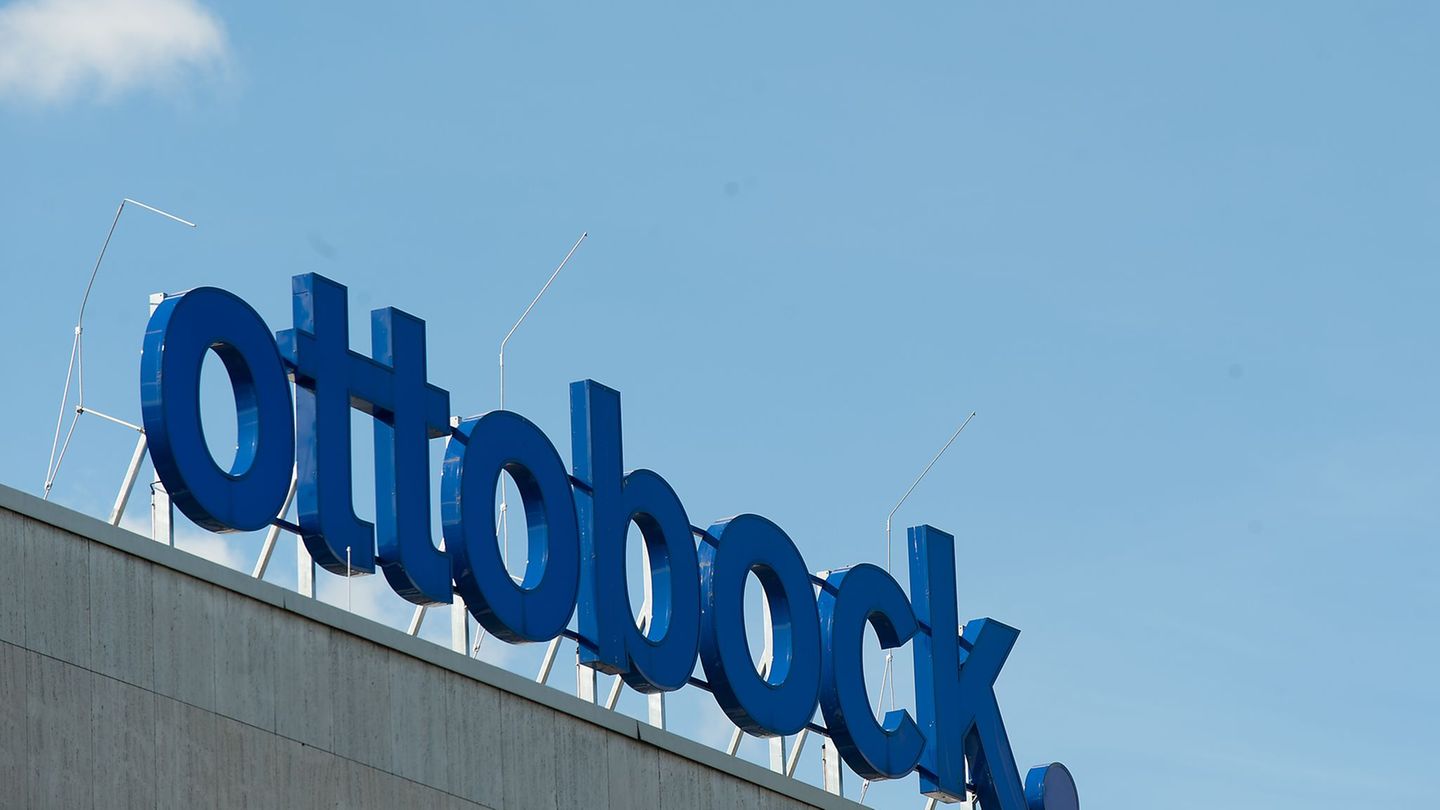Sebastian Dettmers, head of the Stepstone job platform, says that the shortage of skilled workers will escalate into “unemployment” over the next few years. In the interview, he explains what solutions he sees and what all this means for employees and their salaries.
Mr. Dettmers, craftsmen are hard to come by, we have far too few nurses, and there is also a shortage of staff in the travel industry. They say that this is just the beginning of a great “unemployment” that is affecting the whole of society. How bad is it going to get?
We’ve been talking about the shortage of skilled workers for ten years and actually can’t hear it anymore. We are only at the very beginning of a much larger, structural challenge. Because right now the working population is starting to shrink. Slowly over the next five years, then faster and faster. And this means that the most important resource in our economy is becoming scarce: people. This affects Germany, but also Europe, and soon all industrial nations. Because in no developed economy are the birth rates sufficient to keep the population stable. Unemployment is thus becoming a huge challenge. The shortage of skilled workers that we are currently experiencing in the trades and in care, for example, is only a harbinger.
In what areas will we next feel understaffed?
We will feel it wherever qualified personnel are needed. In the past two years, we’ve mainly spent our money on things that we could order during the pandemic. Now we are going out more again, using services in tourism, in the leisure sector, in gastronomy. And so we feel much more directly that we lack staff in every nook and corner. This leads to chaos at airports and reduced opening hours in swimming pools. Festivals are cancelled, amusement parks no longer open every day, restaurants stop their delivery service because they can no longer find drivers.
Is the lack of staff, for example in the travel industry, not just a temporary phenomenon because many people have reoriented themselves during the corona crisis and can now be brought back?
There are certainly Corona special effects. For example, 20 percent fewer people work at airports than before the pandemic. But these people aren’t unemployed, they work somewhere else, you can’t get them back that easily. What we are seeing in the travel industry is a glimpse of a time when we will generally have fewer workers. Staff will be missing everywhere.
Where do you see the situation as particularly critical?
If necessary, you can do without a visit to the swimming pool. It is particularly critical in the area of nursing, for example. We have more and more old people to care for and fewer and fewer young people of working age. It will also become critical in the public service: by 2030, almost up to one million positions in the public service will remain vacant, and that is where the country’s infrastructure really comes into play.
Aren’t digitization and automation doing more and more work for us because robots and artificial intelligence can take over many jobs?
Yes, we have more and more machines, computers and algorithms. But progress in productivity is not enough. The suitcases left behind at airports show that we have not yet automated many things. In the service sector and in public administration in particular, we urgently need to accelerate digitization. Otherwise there is a risk that the remaining workers will have to work even more to complete the tasks at hand. That can’t be our goal.
So what does this mean for employees? Will you be able to demand dream salaries because labor is so scarce? Or will they have to slave away more and be modest because times are getting difficult economically and companies can’t pay dream salaries at all?
On the one hand, we expect golden times for employees. Workers are becoming increasingly scarce and in demand, which drives up salaries. We are already observing that. However, there is also the danger that we will slide into stagnation or even a long recession in the long term because we have fewer workers and are not becoming sufficiently more productive. Four to six million people will leave the German labor market by 2035, and we will hardly be able to compensate for that.
How can we counteract this?
If fewer and fewer working people are to finance an ever-growing welfare state, we need an upgrade to work, an upgrade to education and further training. Especially in the low-wage sector, we have to automate many things and create higher-quality work in return. One in five people in Germany is currently employed in the low-wage sector. A fifth of 15-year-old children cannot read at primary school level. That cannot be the claim of a high-tech country.
Given the low birth rates, do we also need more immigration?
Absolutely. We are a country of immigration anyway. In many studies, Germany is the most popular non-English speaking destination for immigrants. We also have the basics with the Skilled Immigration Act. But we don’t recruit qualified immigrants like other countries do. In perspective, we need half a million immigrants per year. And we have to take care of better integration and good education for these people.
What must employers do to attract the scarce workforce?
We’re already seeing companies putting a lot more effort into highlighting what makes them unique. Job advertisements increasingly refer to home office opportunities, to non-monetary benefits, to the corporate culture. It will be crucial for the growth and survival of companies that they are still able to attract and retain employees. Because we are also observing this: People are changing jobs more and more frequently, which is good in itself, because we need permeability.
How can companies retain their good employees?
Good salaries are of course important. However, companies must also communicate much more clearly to their employees about the meaning of their work and the contribution they make to society. And they have to invest in further training in order to repeatedly prepare their employees for new challenges in a rapidly changing working world. This makes the work more varied and it is less necessary for employees to change jobs completely because they can always do something different in a company.
They are calling for a “New Deal” against unemployment that, in addition to more immigration and better qualifications, also includes a significantly higher minimum wage. Are the 12 euros coming this year not enough?
No, we need significantly more in the future. Of course we cannot increase the minimum wage to 20 euros tomorrow, but over the next ten years we should reach this level adjusted for inflation. Because the minimum wage is not only a sign of respect, but also the ultimate incentive for companies to upgrade work, automate and digitize activities. At the same time, it forces our society to educate people better. Today, 20 percent of young people who are not fit for a job are dropped out of school. Socially disadvantaged people and those with a migration background are disproportionately affected. And unfortunately, these end up far too often in the low-wage sector. We have to break this vicious circle. It must be our goal to educate every child and young person properly, regardless of their origin or social background. And to be employed in good jobs. This is how an upgrade to work succeeds.
This article contains so-called affiliate links. There is more information here.
Source: Stern
Jane Stock is a technology author, who has written for 24 Hours World. She writes about the latest in technology news and trends, and is always on the lookout for new and innovative ways to improve his audience’s experience.




